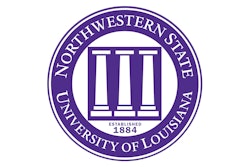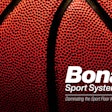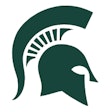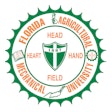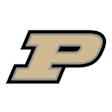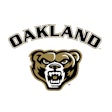
An appeals court has ruled in favor of former Duke University basketball star Zion Williamson in his legal battle with a former agent.
According to The Carolina Journal, a three-judge panel upheld a lower court decision that the agent violated North Carolina state law as it related to Williamson's status as a student-athlete.
“In this case, we interpret the North Carolina Uniform Athlete Agents Act, which governs contracts between student-athletes and their agents,” wrote Chief Judge Albert Diaz. “Prime Sports Marketing, LLC, and Gina Ford argue that their former client, Zion Williamson, wasn’t a ‘student-athlete’ when he contracted with them, so he can’t benefit from the Act’s protections.”
“The district court rejected that argument,” Diaz added. “Because Williamson was engaged in an intercollegiate sport while on the Duke University men’s basketball team, and was thus a ‘student-athlete,’ we agree with the district court that Prime’s failure to comply with the Act’s requirements voided the contract.”
Williamson hired Prime after his last game with Duke but before he was drafted by the New Orleans Pelicans, and under the agreement the parties could terminate the contract only after five year, and then, only for cause. Williamson ended up dropping Prime on May 31, 2019, just weeks after he signed with the agency.
“Williamson alleged that the contract violated two provisions of the Act, which made it unenforceable,” Diaz wrote. First, Ford never registered as an agent in North Carolina as required by state law. Second, the contract did not include mandatory language warning Williamson that signing the contract would cause him to lose athletic eligibility.
“Prime responded that the Act didn’t apply to the contract because Williamson wasn’t a ‘student-athlete,’ as defined by the Act, when he signed it,” Diaz wrote.
Prime argued that Williamson allegedly violated the National College Athletic Association rules, and those violations made him permanently ineligible to play college basketball, which would mean that he wasn't entitled to the state law's protections.
Williamson countered that the "permanently ineligible" language was designed to refer to athletes playing two sports.
“We agree with Williamson,” Diaz wrote. “If a student is engaged in an intercollegiate sport when he signs an agency contract, he is a student-athlete subject to the Act. The permanent ineligibility clause doesn’t apply to Williamson, who was engaged in a single sport.”
“In our view, the legislature included the Act’s second definitional sentence of ‘student-athlete’ to protect two-sport athletes, and Prime’s interpretation runs contrary to that purpose,” Diaz added. “While the second sentence might suggest that a student-athlete who violates NCAA rules can’t benefit from the Act’s protections, that construction works only if we ignore the first sentence.”
Diaz also said that it was the NCAA's responsibility to determine an athlete's eligibility, offering that the court would not assume that role.
“Prime concedes that Ford wasn’t registered as an agent in North Carolina, and under the Act, any agency contract between a student-athlete and an agent who fails to register in North Carolina is automatically void,” Diaz wrote. “Likewise, it’s undisputed that the Prime contract didn’t contain the requisite warnings. So even if the contract weren’t already void, Williamson was free to void it, which he did both via email and through counsel.”

















